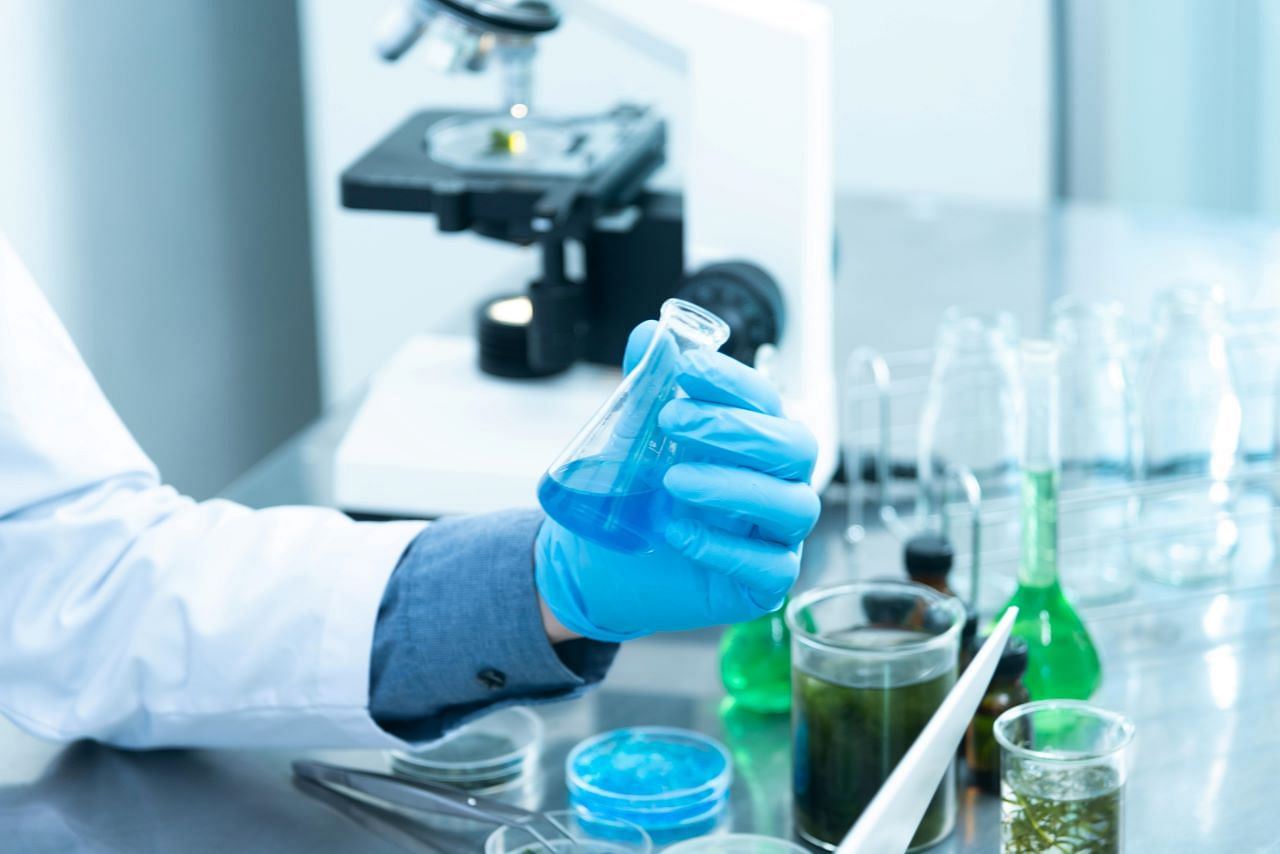
In the face of rising global food crises driven by population growth and climate-induced productivity decline, innovative solutions are emerging to revolutionize our food systems. A recent paper published by researchers at the Korea Advanced Institute of Science and Technology (KAIST) highlights the potential of microbial food production as a pivotal strategy to navigate these challenges.
Microbial food, encompassing various foods and ingredients produced using microorganisms, offers a sustainable alternative to traditional agriculture and livestock-based food systems. Led by Research Professor Kyeong Rok Choi and Distinguished Professor Sang Yup Lee, the study proposes leveraging sustainable raw materials for microbial food production.
Microbial Foods: Advantages Over Conventional Foods
Microbial biomass boasts a high protein content per unit dry mass, rivaling that of meat, while emitting significantly less carbon dioxide during production. Moreover, the space and water requirements for microbial food production are minimal compared to conventional livestock and crop farming, making it an environmentally friendly and resource-efficient option.
Fermented foods, a prevalent form of microbial food, undergo a transformative process where microorganisms enhance nutritional value by enriching proteins and vitamins while depleting less valuable compounds like carbohydrates. This process underscores the versatility and potential of microbial food production.
Diverse Applications and Products
Microbial food extends beyond fermentation to encompass a spectrum of compounds including amino acids, food proteins, enzymes, flavorings, colorings, and bioactive substances. Notably, single-cell protein exemplifies a fundamental microbial food derived from microbial biomass or proteins extracted from it.
Research Professor Choi emphasizes the imminent presence of microbial foods on our tables, not merely as eco-conscious choices but as nutritionally rich and flavorful options.
Echoing this sentiment, Distinguished Professor Lee calls for concerted efforts across industries and sectors to expand the production and adoption of microbial foods, fostering a sustainable food ecosystem for future generations.
(Source: KAIST)












